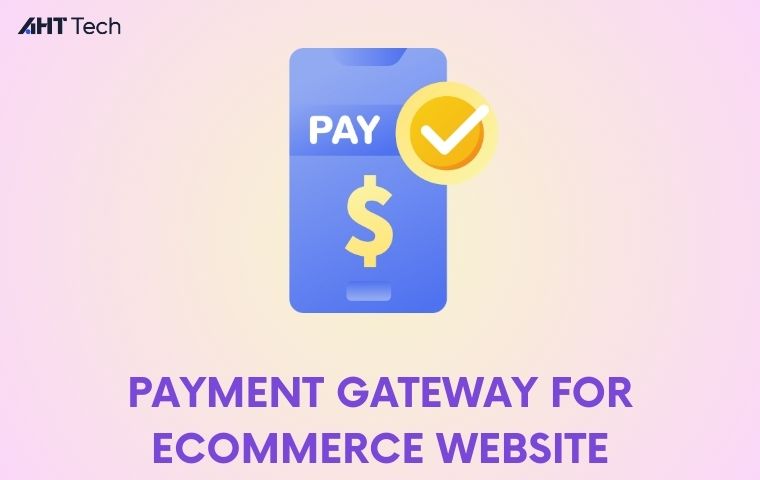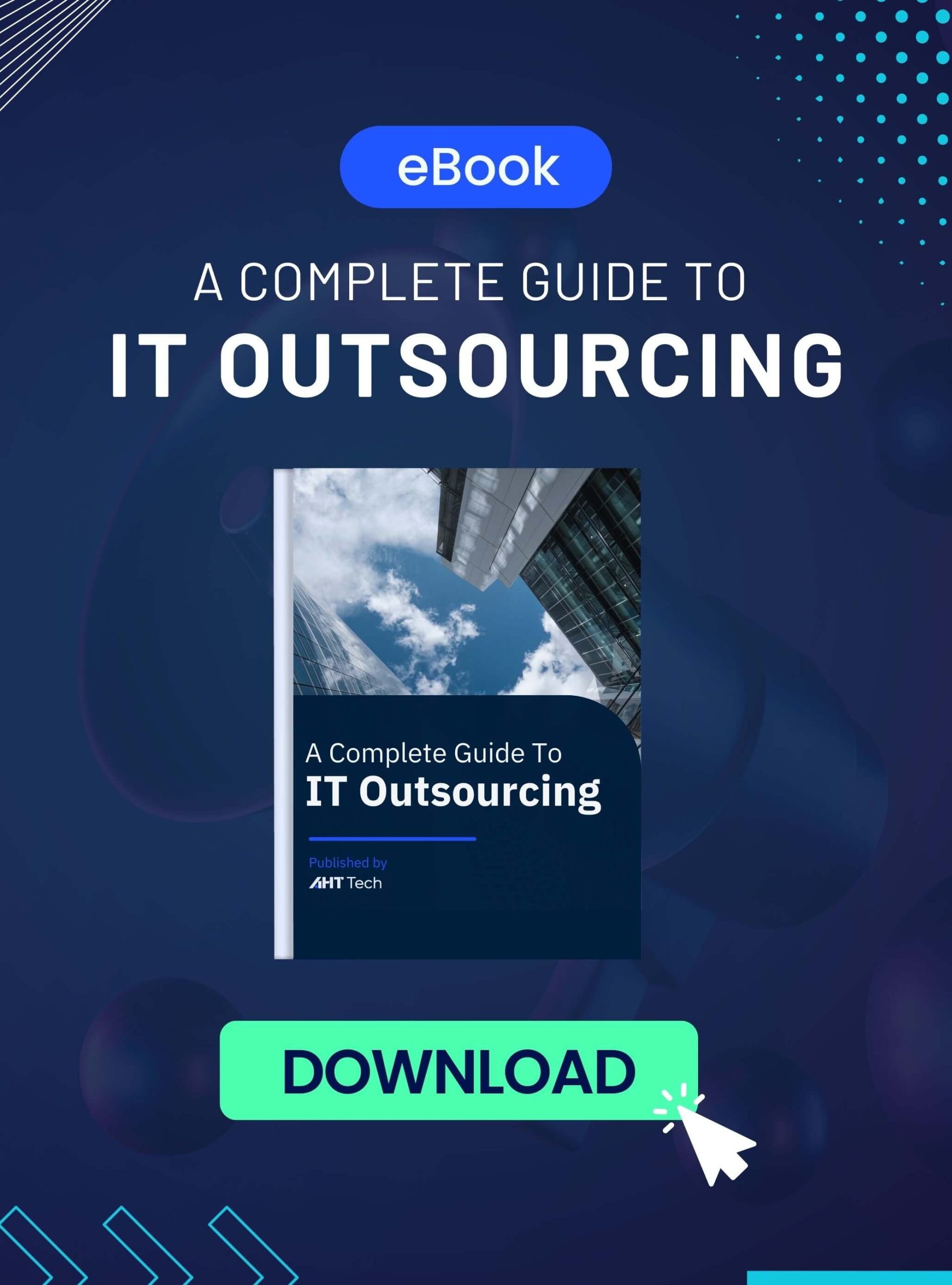TABLE OF CONTENT
What is an Ecommerce Payment Gateway?
How do Payment Gateways work?
Why is Integrating Payment Gateways important for Ecommerce Websites?
Top 5 Payment Gateways for Ecommerce Website
Conclusion
What is an Ecommerce Payment Gateway?
Understanding payment gateway for ecommerce website is not a daunting task. You can think of an ecommerce payment gateway as the online version of a credit card machine. Basically, this encompasses two things: a payment gateway and a merchant account. For some big services such as Paypal or Stripe, they combine both in one package, making it easier for customers to complete transactions.
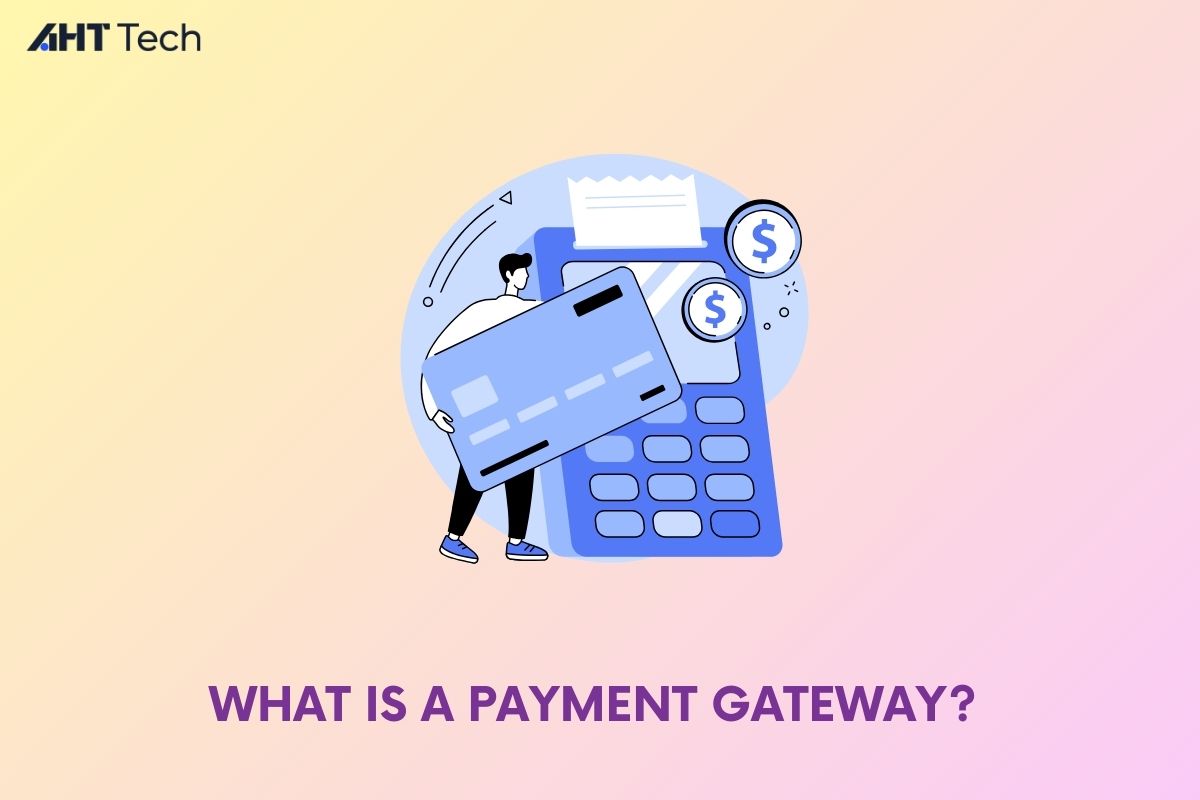
Think of a payment gateway as the bridge that links up a business’s website with its payment processor. When a customer makes a purchase, this gateway transfers payment information from the buyer to the processor while keeping it secured, which then handles all the authorization and settlement jazz. It’s basically the starting point and the endpoint of online transactions, making sure everything flows smoothly from start to finish.
A real case study to showcase how payment gateways can act as the cornerstone to foster the efficiency of ecommerce businesses is McDonald’s. In 2020, McDonald’s has broadened its collaboration with Adyen to utilize its payment gateway solution, through its mobile app in the United States. This streamlines the process of integrating additional restaurants and entering new markets, while also offering preferred payment methods and a unified perspective on data and customer insights.
How do Payment Gateways work?
Payment gateway for ecommerce website employs various mechanisms and technologies to ensure the transaction is secure, accurate, and efficient. Let’s break it down step by step and see how these gateways work to keep your checkout processes safe and smooth.
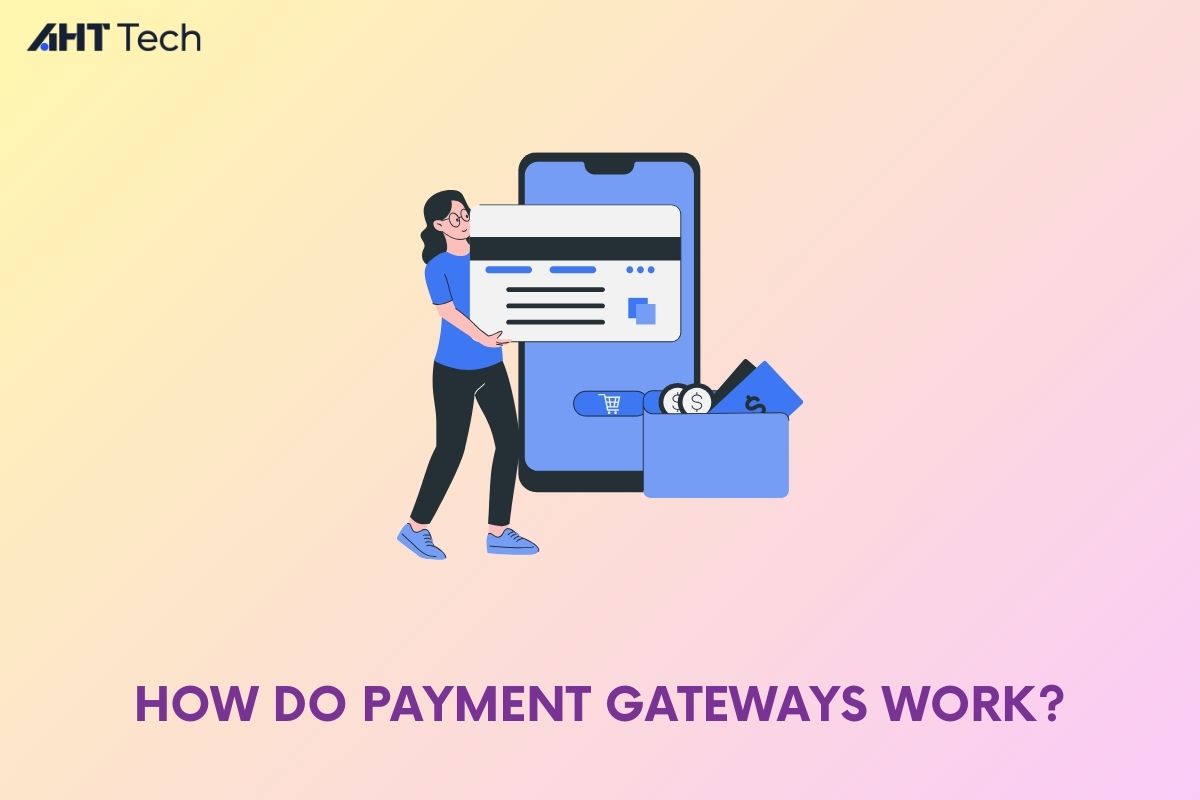
Step 1: The customer enters their payment information
When a customer is in the checkout process, they fill their payment details on your online store’s checkout page. The payment gateway then encrypts and safely sends this sensitive information, and, of course, all are guaranteed secured.
Step 2: The payment processor authorizes the transaction
Once the payment gateway provider receives the payment information transferred from the customers, they pass it along to the payment processor. This processor then reaches out to the customer’s credit card company or bank for authorization.
Step 3. The gateway receives and confirms authorization
After the payment gateway has done authorizing information from the processor, it sends confirmation back to the ecommerce platform, allowing for the next step in the payment process.
Step 4. The financial institution transfers funds to the merchant account
At this stage, to accept credit card payments, you typically need a merchant account. This account serves as a temporary holding place for funds before they’re transferred to your business account.
Once the transaction is authorized, the buyer’s financial institution moves the funds from the customer’s account to either the merchant’s bank account or their business bank account. This is when the payment is considered completed. After this, the business can then move forward with fulfilling the order.
One important thing to note for all merchants is, many payment gateways apply a mix of fixed transaction fees and monthly charges. Therefore, it’s essential for retailers to consider these costs when devising their ecommerce payment processing plan.
Why is Integrating Payment Gateways important for Ecommerce Websites?
If you are a SMB business or not, perhaps you would definitely desire to improve customer experience, which is a key factor to boost customer loyalty. At this point, payment gateways can help as they offer a range of benefits that can enhance operational efficiency and boost customer satisfaction.
Improve customer experience
In this day and age, modern buyers expect more exceptional experiences than in the past. They anticipate smooth, adaptable, and trouble-free shopping encounters, and a payment gateway aligns with these expectations.
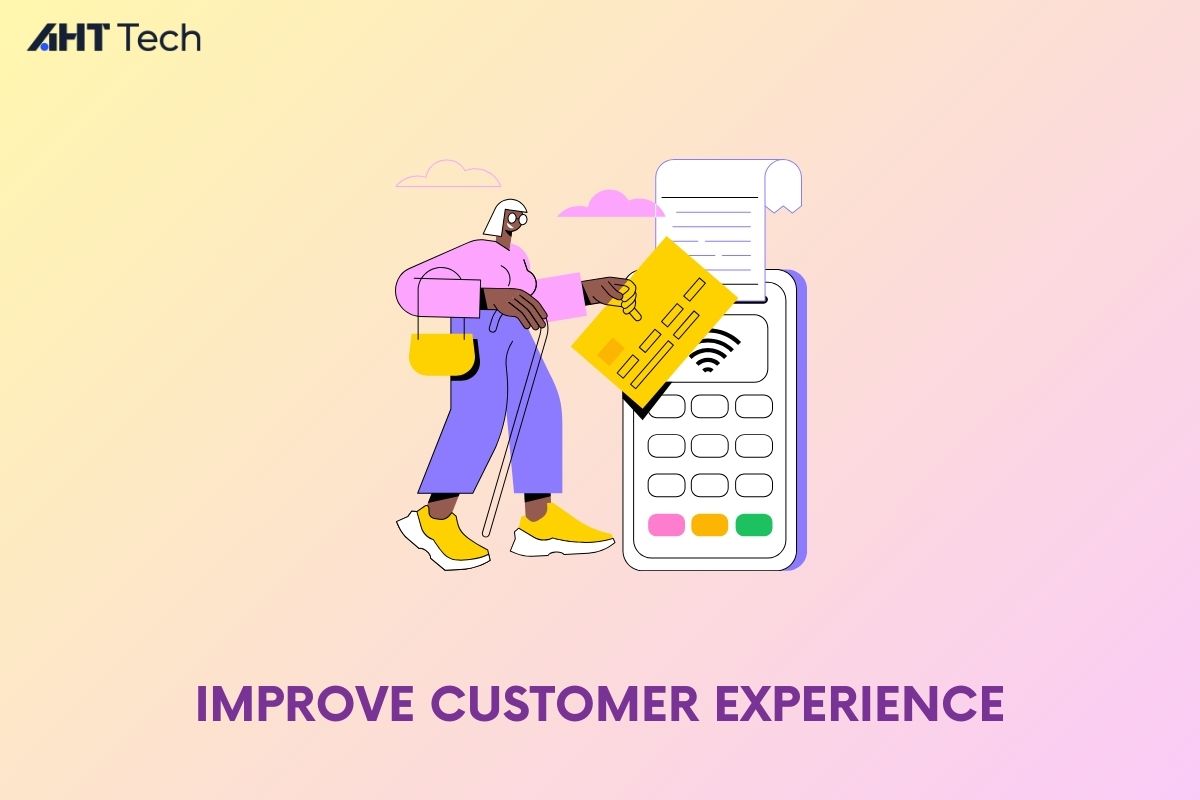
To cater customer requirements, payment gateways empower customers to make payments conveniently, regardless of time and distance. Which means whether your customers are on-the-go, at home, or using any device, payments are ready to be fulfilled. By leveraging payment gateway for ecommerce website, store owners are able to enhance the customer’s journey and boost Customer Lifetime Value (LTV) as well. A seamless payment experience nurtures customer loyalty, encouraging repeat purchases and fostering enduring customer connections.
Enhance security
Using payment gateway for ecommerce website, you can ensure data protection for customers as they prioritize advanced security functions to shield sensitive customer data.

To do this, they employ advanced encryption technologies and secure protocols to safeguard information like credit card numbers, shielding them from potential fraud and data breaches.
Faster processing
With automation processes, payment gateways can streamline transactions, significantly speeding up the checkout process compared to manual handling. This swift pace ensures a seamless checkout experience for customers and expedites the sales cycle for businesses, ultimately enhancing cash flow.
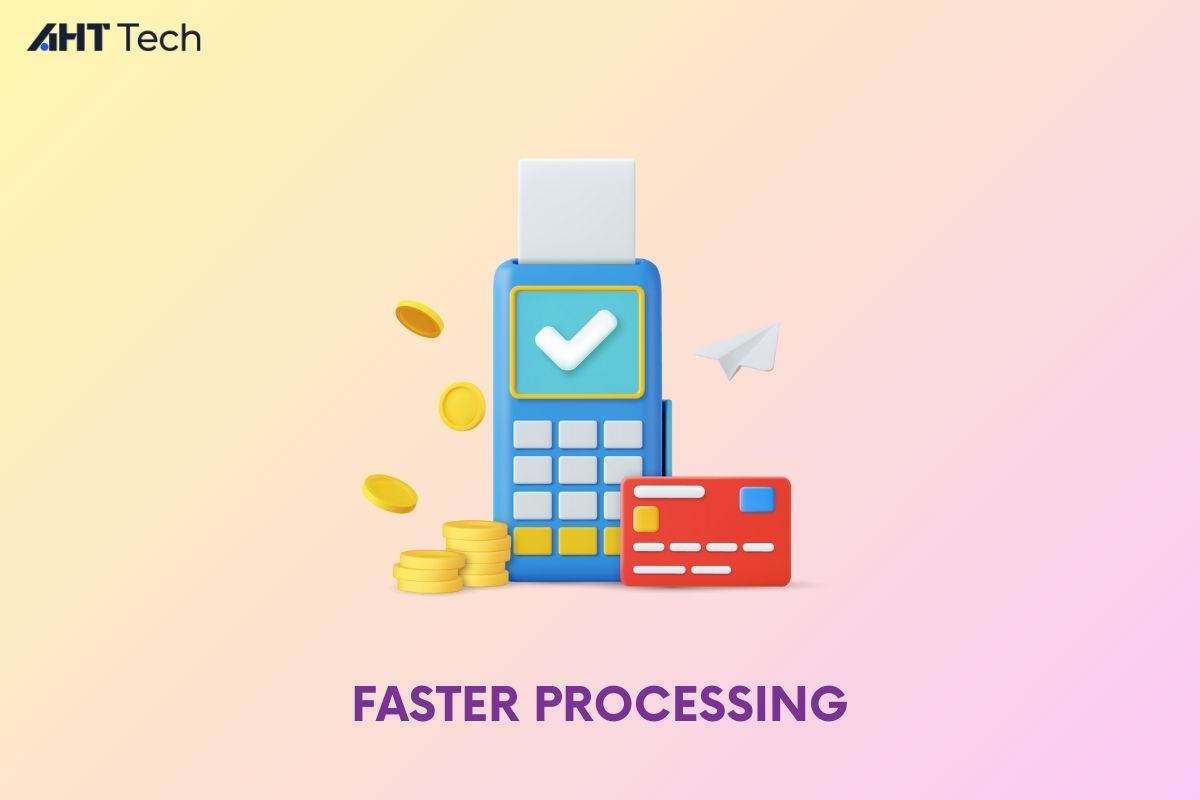
Global expansion
For ecommerce businesses who are on the go of penetrating into global markets, a payment gateway for ecommerce website becomes indispensable. While serving people around the world, you have to handle a significant amount of customers who come from diverse regions. How can you address the problem of multi currencies? Of course it seems to be impossible for human labor to do it manually.
Fear not, payment gateways facilitate transactions in multiple currencies, empowering businesses to serve customers across different countries. This feature is especially advantageous for businesses engaging in international sales, as it enables them to accept payments in their customers’ local currency, enhancing convenience and accessibility.
As you can see, payment gateway for ecommerce website play an integral part in enhancing overall operations, beyond transactions. They contribute to a more secure and efficient checkout process, improve customer satisfaction and bring opportunities for global expansion. That said, they are the driving force for online business success in today’s interconnected world.
Top 5 Payment Gateways for Ecommerce Website
Ecommerce industry is estimated to rise by 25% of global retail sales by 2026 (Source: Statista). Thanks to the convenience in online shopping, businesses are now increasingly transferring into this trend, leading to the significant demand for online transactions as well as ecommerce payment processing solutions. That said, choosing a payment gateway for ecommerce website is paramount. Below are top 5 Payment Gateways that can be your most suitable choice to enhance your ecommerce business.
Shopify Payment
Shopify Payments is integrated with the Shopify platform, which serves as the built-in payment gateway for ecommerce website. It offers smooth payment processing for customers while allowing analytics functionality within its system.

Pros:
- PCI DSS compliance to ensure data security.
- Accepts various payment methods such as credit cards, digital wallets, Shop Pay, and PayPal.
- Processes international payments in customers’ local currencies for convenience.
- Access to 24/7 customer support for assistance.
- Automatic deposits enable effortless withdrawal of funds from your Shopify admin to your business bank account.
Cons:
- Only available to Shopify merchants.
- If you are not a member of Shopify Plus program, you have to pay an extra fee for transactions if you want to integrate third party payment gateways.
Pricing:
- Shopify’s payment processing fees vary based on your chosen plan, ranging from 2.9% to 2.4%, in addition to a 30¢ fee per transaction.
Paypal
When mentioning PayPal, it ranks top payment gateway for ecommerce website for businesses with a global customer base who have PayPal wallets.
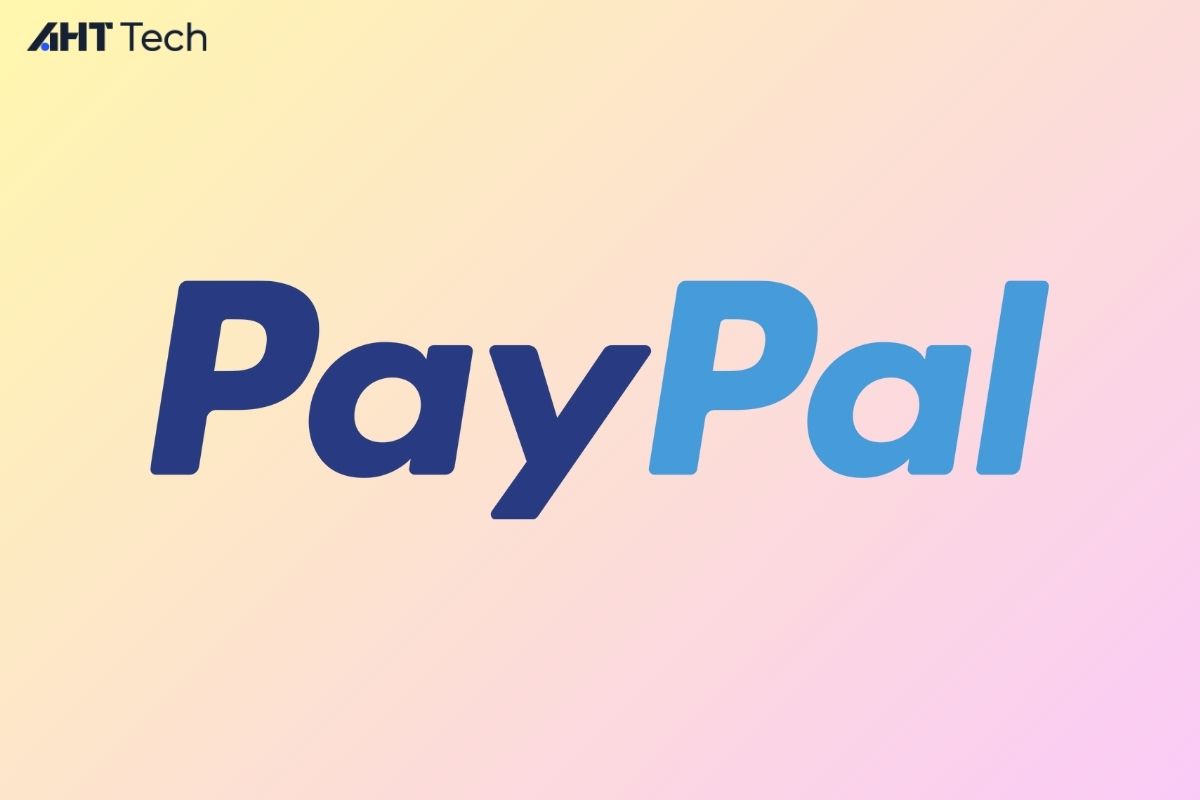
Pros:
- Access invoicing capabilities to streamline transactions
- Implement protection programs to prevent fraud
- Enhance customer experience with one-touch checkout functionality.
- Assist international payments in various currencies
- Free setting up
Cons:
- A distinct setup process with the checkout, which can be quite complicated
- Limitations in customer support
- Apply additional transaction fees
- Higher transaction fees than alternative payment gateways
Pricing:
- PayPal charges a transaction fee of 3.49% along with a $0.49 fee per transaction. For international payments, merchants face an additional 1.5% fee on top of the base transaction fee, as well as a fixed cost based on the currency involved.
Stripe
Stripe stands out among many B2B ecommerce platforms as a leading payment gateway provider, specializing in mobile ecommerce, SaaS, non-profits, and platform-based payments. It is interesting to note that Stripe has the capability to manage high transaction volumes and supports over 135 currencies, which not all payment gateway for ecommerce website can do.

Pros:
- Ensures compliance with PCI DSS standards for secure payment processing.
- Free to customize options to tailor the payment experience.
- Automatically converts currencies to streamline international payments.
- Includes subscription billing features for processing recurring payments and securely storing card details.
Cons:
- Requires technical experience for setup and utilization.
- Complicated guideline document to for non-technical users
Pricing:
- A standard packaging fee of 2.9% plus 30¢ for transactions made with cards and wallets.
- Additional fees include 0.5% for manually entered cards, 1% for currency conversions, and 1.5% for international cards.
Square
Square payment gateway is suitable for small businesses that need a method of credit card processing for in-person transactions, though they do charge a premium for manual transactions.
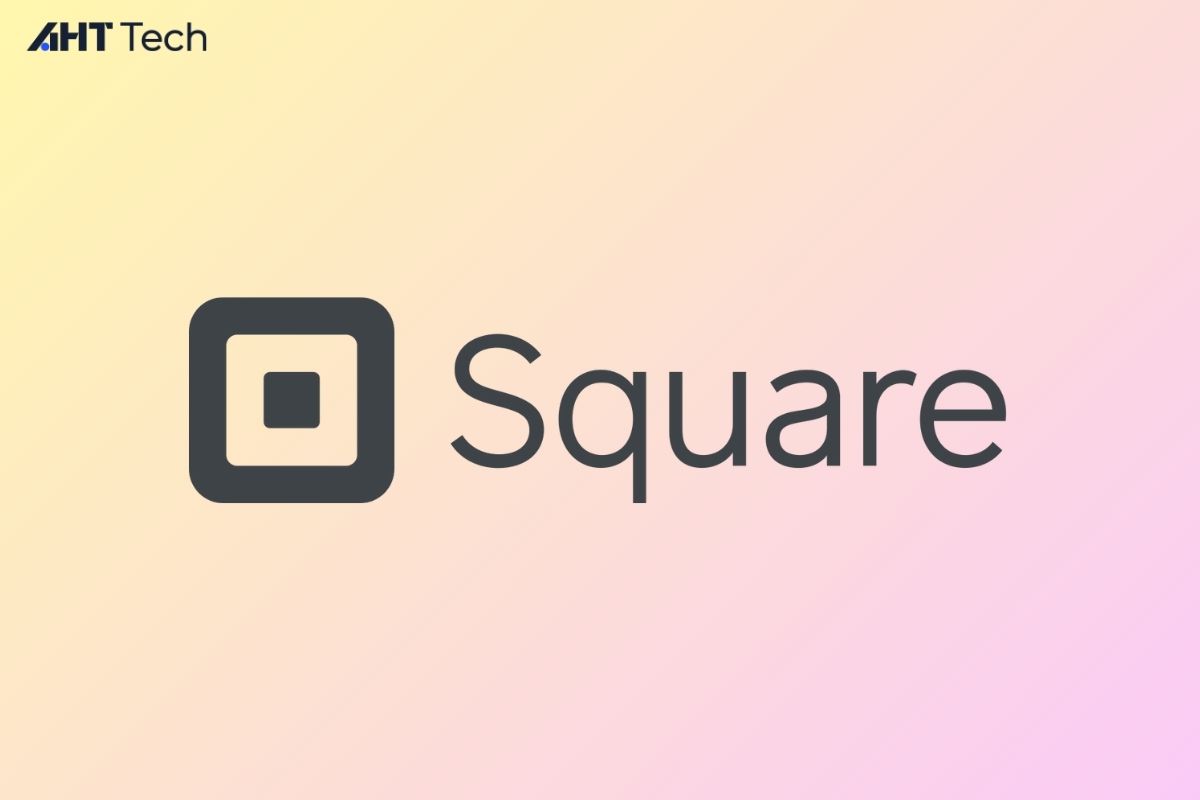
Pros:
- User-friendly interface
- Flexible pricing options for merchants.
- Complimentary swipe card reader for added convenience
Cons:
- Higher fee for additional functionality
- Limitations if processing high transaction volumes.
- Limited integration options with third-party marketplaces.
Pricing:
- A transaction fee of 3.5% plus 15 cents per transaction for in-person payments
- 2.9% plus 30 cents for purchases made through an online store, online checkout, ecommerce API or online invoices.
Amazon Pay
A huge plus point for Amazon Pay is it allows customers to utilize the payment information stored in their Amazon account for purchases on your store. It reduces time and efforts while attempting to complete a transaction, enhances brand recognition and trust during checkout.
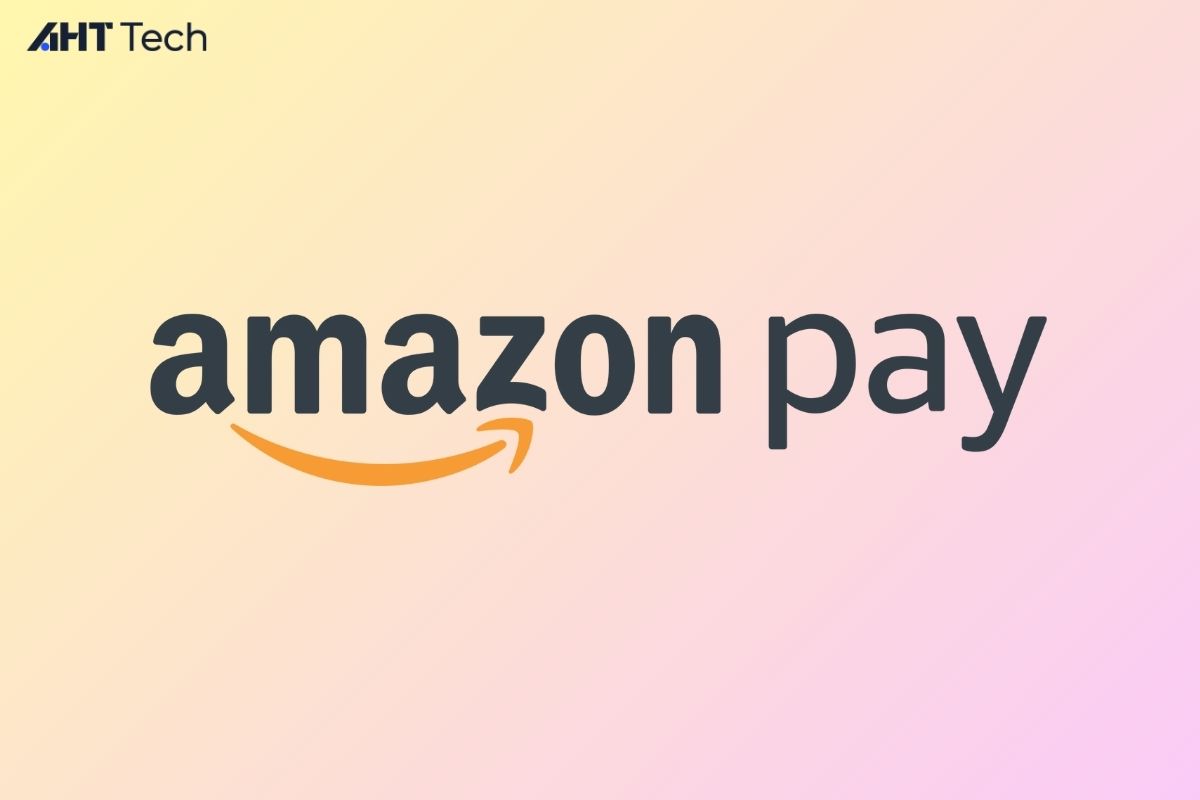
Conclusion
In this blog post, we have provided basic knowledge of price, function, and gateway security about payment gateways which can assist you to make the right things. Our recommendation is not to overlook all components like data protection, cost, customer satisfaction, support payment method before you jump into the final conclusion. Payment gateway for ecommerce website can help you leverage significant features to boost your website performance, delivering valuable experience for customers and growing your SMB.
If you’re struggling to find the optimal payment gateway for ecommerce website, AHT TECH is here to help you. We are a trusted partner of 25+ big ecommerce corporations in the world such as Shopify, Magento, BigCommerce,… which can deliver great payment gateway for ecommerce website options. We are sure to give you consultancy and also the operations in solutions that will ensure smooth and secure payment processing for your ecommerce development.
Do not hesitate to contact us right now!


